Values Out of Control
Values Out of Control: Exploring the Crisis of Misaligned Priorities in Society
By Sami Bsoul
Many people today feel that there is a fundamental mismatch between the values that are prioritized in society and their own personal values. Despite technological advancements, economic progress, and social change, many people feel disconnected from their communities, uncertain about the future, and anxious about the present. At the root of this unease is a crisis of values, where the things that we prioritize and the decisions that we make are not always aligned with what is truly important and beneficial for ourselves and others.
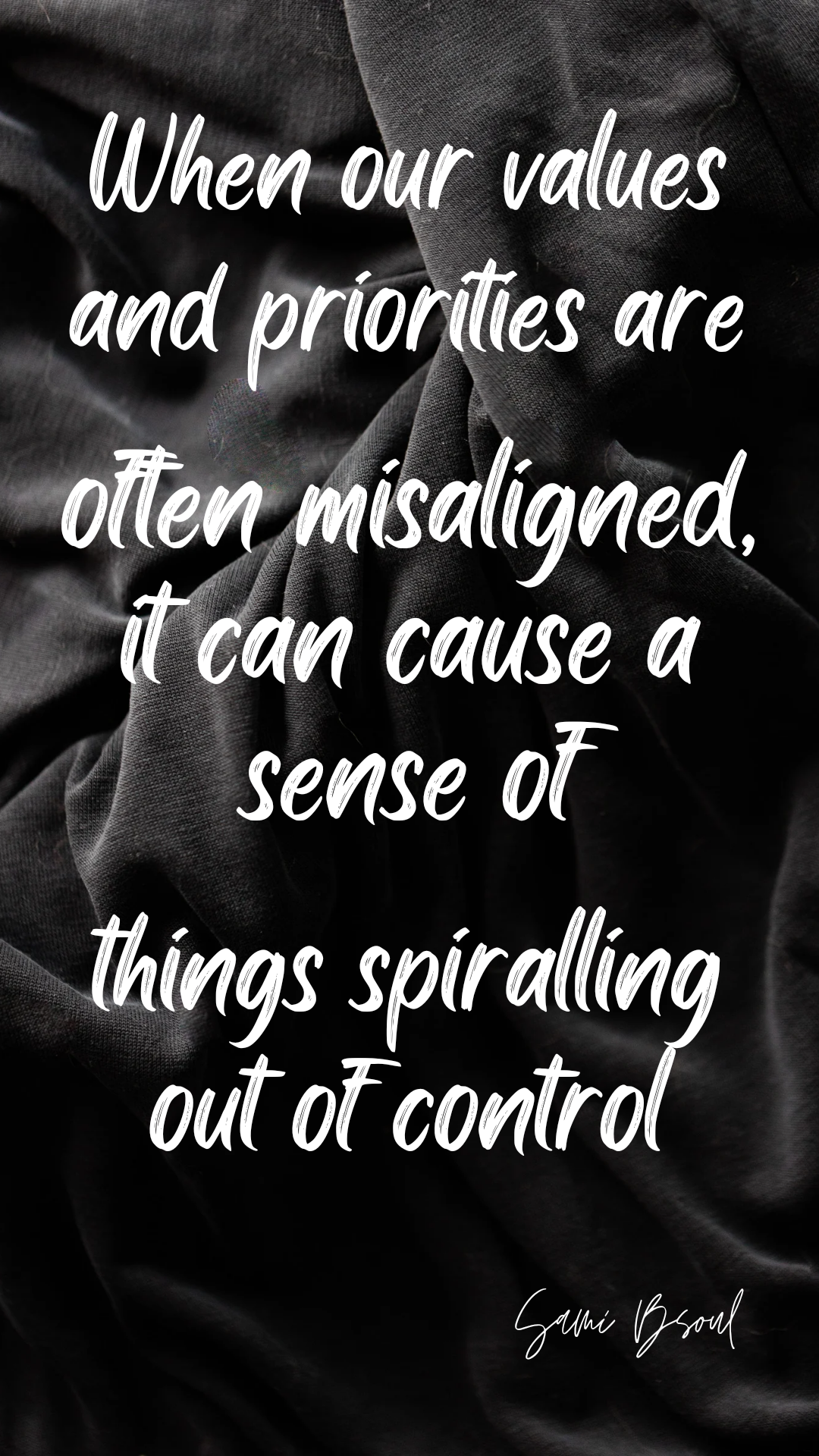
Do you feel that the values of society are in crisis or misaligned with your own values?
Have you noticed a disconnect between your personal values and those of society?
Are you concerned about a lack of alignment between societal values and your own values?
Do you perceive a values crisis in society, or do you feel that your values are out of sync with those of others?
How might a values misalignment affect the world around us, both on an individual and societal level?
Are there any real-world examples of the consequences of a misalignment of values?
How might our own values and priorities be contributing to this phenomenon, and what can we do to address it?
These are important questions that deserve reflection and action.
The values and priorities that shape our behaviour and decision-making are not always aligned with what is truly important and beneficial for ourselves and others, which can lead to a sense of things being out of control. In today's world, individualism, materialism, sensationalism, image-consciousness, social status, and instant gratification are just a few factors that contribute to this phenomenon.

This misalignment of values is not a new phenomenon, but it has become more pronounced in recent years, as a result of various factors. These factors include celebrity culture, consumerism, social media, instant gratification, social status, sensationalism, confirmation bias, competition, image-consciousness, perfectionism, short-term thinking, time, fear, bias, prejudice, climate change, technology, globalization, social and political polarization, economic inequality, and political instability.
I will explore how these factors contribute to a values misalignment, and the consequences that arise from this misalignment.
I will explores the different values and priorities prevalent in society today and how they impact our personal and collective well-being.
I will emphasize the importance of being aware of our values and priorities in making intentional and informed decisions, while offering suggestions for prioritizing more positive values and minimizing negative ones both individually and as a society.
I will also discuss potential solutions for addressing this issue, and the challenges that we may face in doing so.
Ultimately, the goal of this article is to encourage readers to reflect on their own values and priorities, and to take steps to align their behaviour and decision-making with what is truly important and beneficial for themselves and society as a whole.
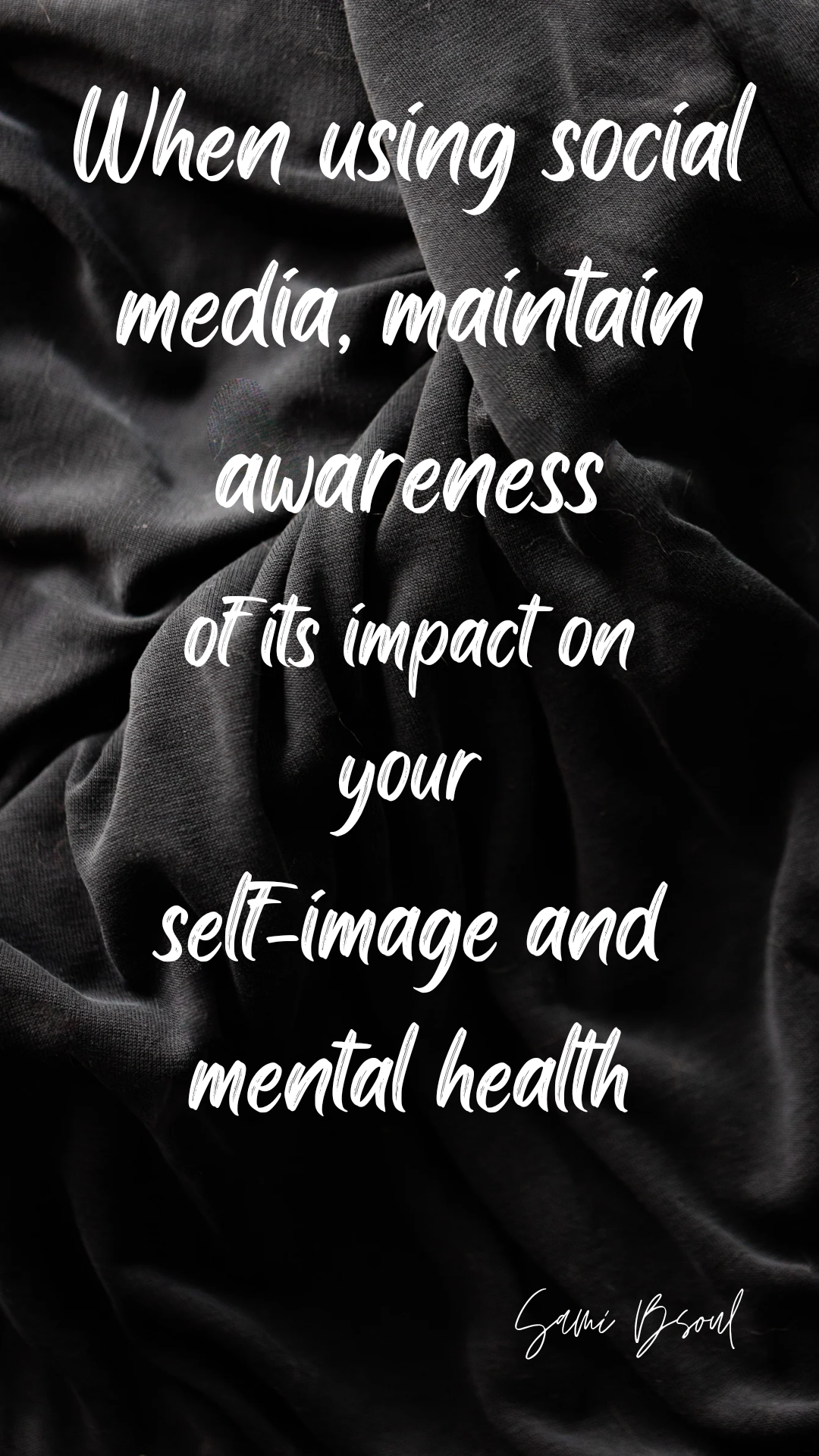
There are numerous factors that contribute to a values misalignment, where our behaviour and decision-making are not aligned with what is truly important and beneficial for ourselves and others. Some of these factors are related to individual psychology, while others are related to broader societal and cultural trends. Here are some of the key factors that may contribute to a values misalignment:
-
Celebrity culture: Celebrity culture can promote values such as fame, fortune, and physical attractiveness, which may be prioritized over other values such as compassion and personal growth.
The emphasis on fame and wealth in modern society can lead to values misalignment by prioritizing superficial qualities over more meaningful traits like kindness and empathy.
The glorification of fame and fortune can encourage individuals to prioritize personal interests over the common good. For example, celebrities may use their platform to promote harmful products or behaviours.
Or for example, celebrities who engage in questionable behaviour may still be praised and celebrated simply for their fame and wealth, despite their actions contradicting societal values. This can create a culture that glorifies shallow values and prioritizes image over substance.

-
Social media: Social media platforms are designed to capture and hold our attention, often by promoting sensationalized or biased information that reinforces our pre-existing beliefs and values. This can contribute to confirmation bias, where we are more likely to believe information that confirms our existing beliefs, and dismiss information that challenges them. Social media can also lead to a focus on image-consciousness and perfectionism, where we prioritize presenting a certain image or identity over being true to ourselves or pursuing meaningful goals.
The rise of social media has created a culture that values likes, followers, and virtual validation over real-life relationships and meaningful interactions. Social media can also promote unrealistic expectations and create pressure to present a perfect image, leading to a misalignment between personal values and the values promoted on social media.
The pressure to present a curated, idealized version of oneself on social media can lead individuals to prioritize personal interests and validation over the common good.
For example, people may post content that is insensitive or offensive in order to gain attention or followers.
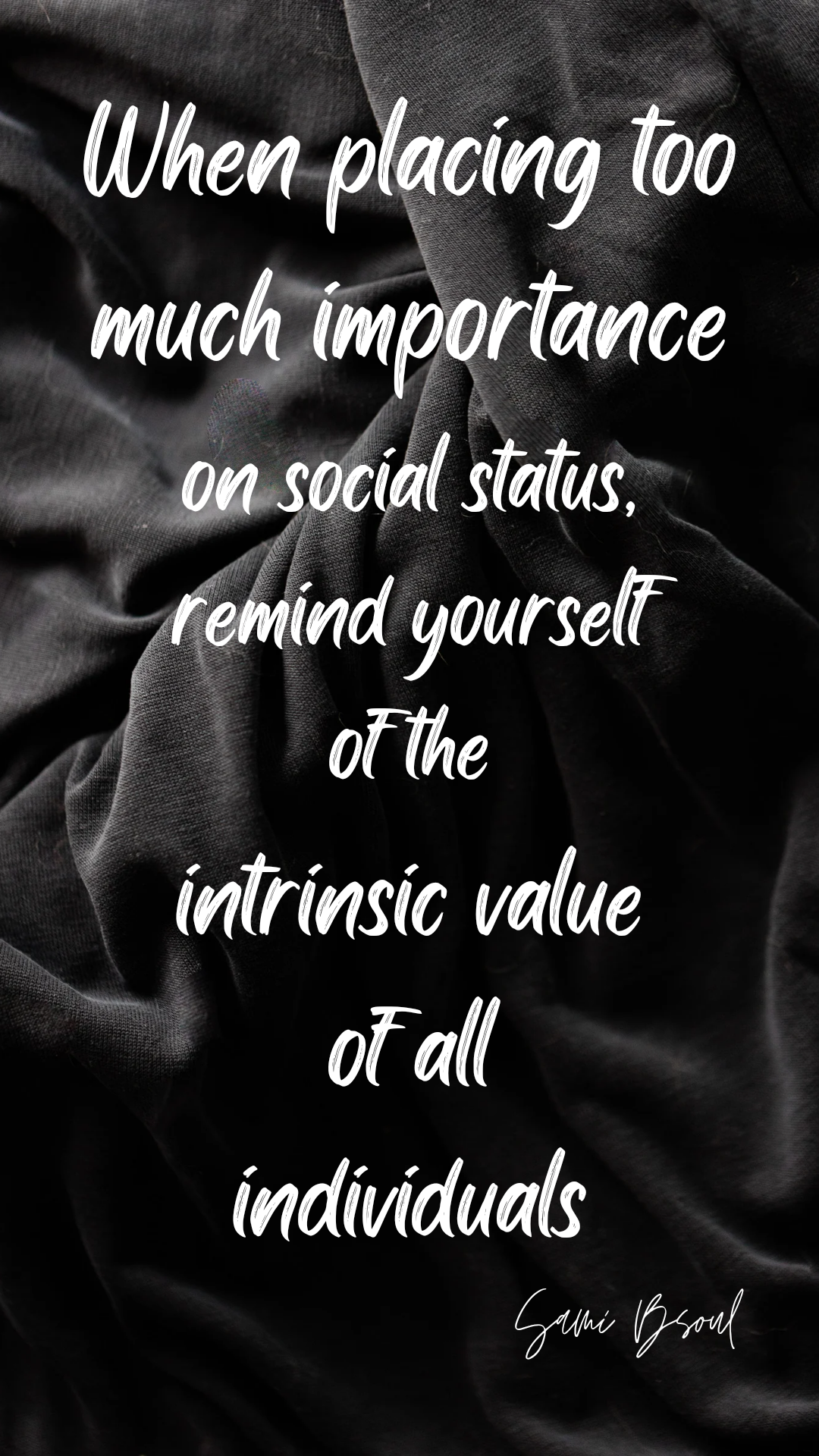
-
Instant gratification: In a fast-paced world, we may prioritize immediate pleasure or relief over longer-term goals or values such as patience, perseverance, or delayed gratification.
The desire for immediate pleasure or reward can lead to a misalignment between short-term and long-term goals, and between personal values and impulsive desires. The emphasis on instant gratification can also lead to a lack of patience and persistence, which can prevent individuals from achieving their long-term goals.
For example, the urge to indulge in unhealthy food or activities can lead to health problems in the future.

-
Sensationalism: Sensationalized media or entertainment can prioritize shock value or entertainment over accuracy or meaningful content.
The emphasis on sensational news and entertainment can lead to a misalignment between personal values and the values promoted by the media. Sensationalism can also promote fear and anxiety, leading to a sense of disconnection from one's own values and from others.
For example, news outlets may focus on clickbait headlines rather than providing accurate and balanced reporting.

-
Image-consciousness: Image-consciousness can prioritize external appearances or social status over inner values or personal growth.
The emphasis on appearance and physical beauty can lead to a misalignment between personal values and the values promoted by society. The culture of image-consciousness can lead individuals to prioritize physical appearance over more meaningful qualities like intelligence, kindness, and empathy.
For example, people may engage in harmful behaviours, such as extreme dieting or cosmetic surgery, in order to conform to societal beauty standards.

-
Social status: The pursuit of social status or prestige can lead us to prioritize competition or conformity over other values such as authenticity or individuality.
Individuals may prioritize achieving social status over being true to themselves or helping others, leading to a sense of disconnection and unfulfillment.
For example, seeking approval or validation from others may lead individuals to engage in behaviour that is harmful or unethical.
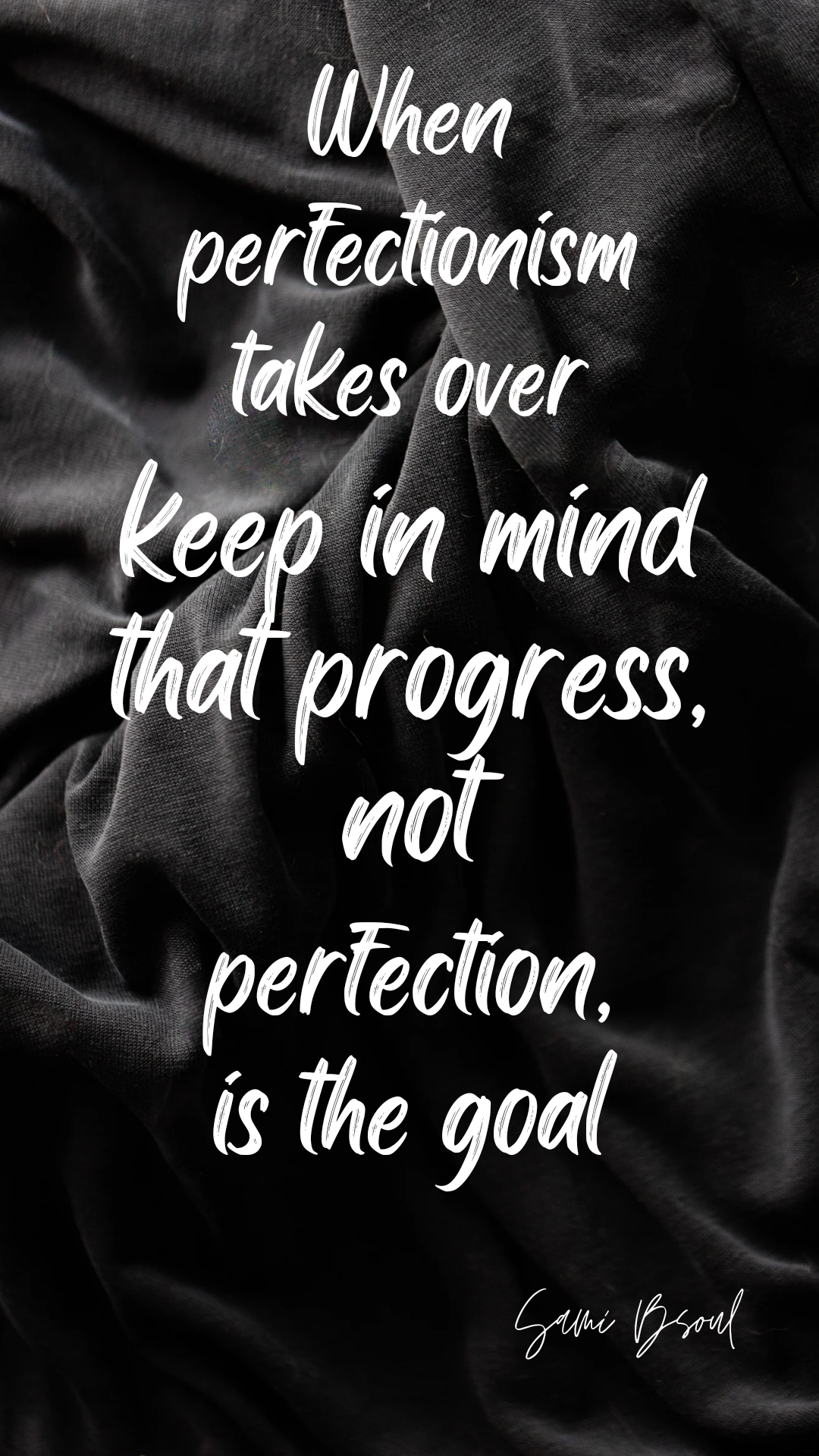
-
Confirmation bias: Confirmation bias can lead us to prioritize information that confirms our existing beliefs, while dismissing information that challenges them.
The tendency to seek out and interpret information that confirms pre-existing beliefs can lead to a misalignment between personal values and reality. Confirmation bias can prevent individuals from considering alternative perspectives and can lead to a lack of empathy and understanding.
For example, people may reject scientific evidence that contradicts their political or ideological views.
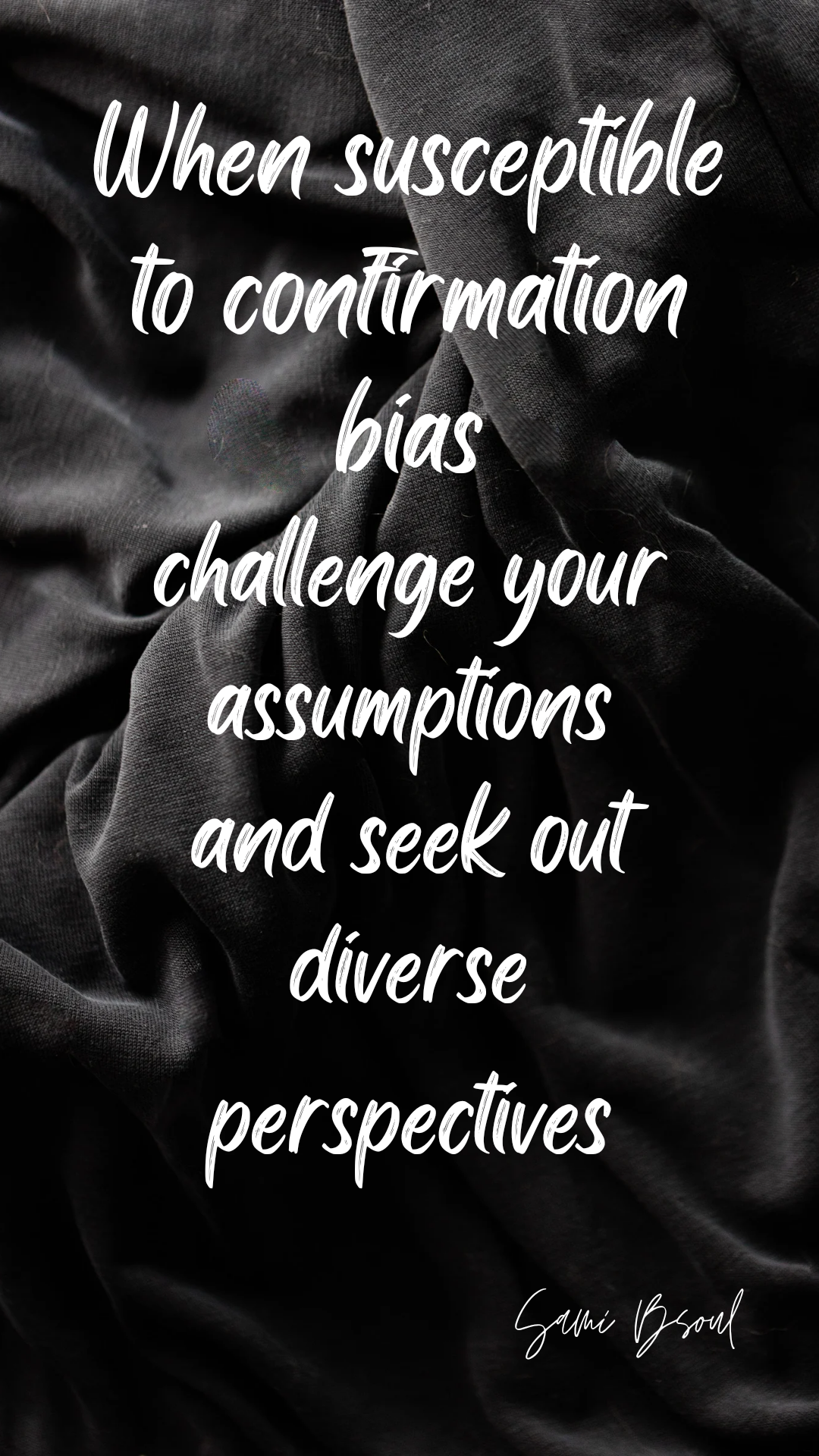
-
Time: Time constraints or pressures can lead us to prioritize efficiency or productivity over other values such as human connection or personal growth.
The perception of time as a limited and valuable resource can lead to a misalignment between personal values and the values of society. The culture of busyness can create a sense of pressure and stress, leading to a lack of focus on personal growth, relationships, and meaningful experiences.
For example, people may neglect self-care or relationships in order to meet work or personal goals.
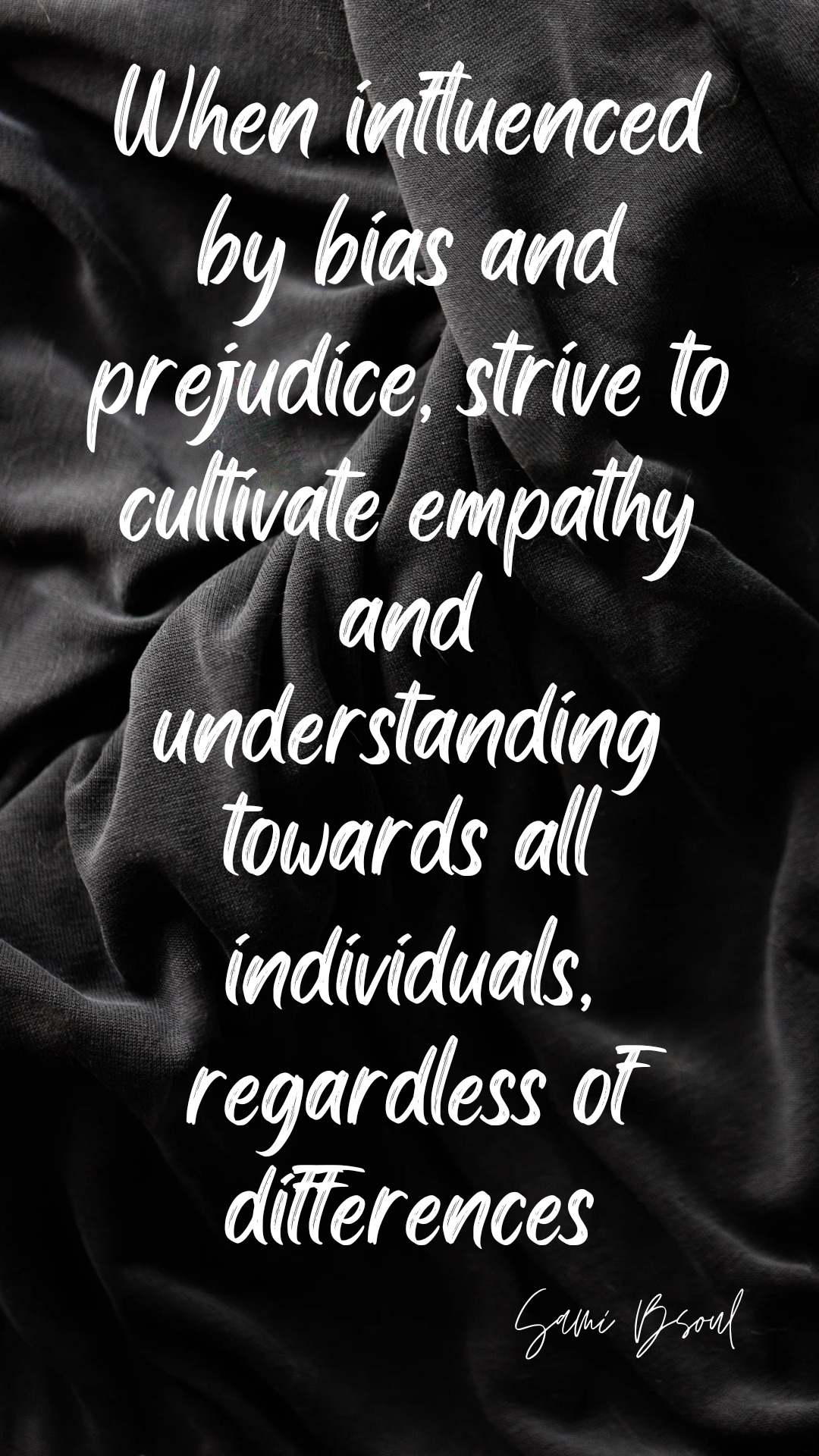
-
Competition: Competition can promote values such as winning, success, and achievement, which may be prioritized over values such as cooperation, collaboration, or empathy.
The emphasis on competition can encourage individuals to prioritize their own success over the common good.
Competition can create a culture that focuses on winning over collaboration and can lead to a sense of isolation and disconnection.
For example, in a competitive job market, individuals may engage in unethical behavior to gain an advantage over others.

-
Perfectionism: Perfectionism can prioritize unattainable standards or external expectations over personal growth or self-compassion.
The desire for perfection and fear of failure can lead to a misalignment between personal values and the values promoted by society and can lead to a sense of inadequacy and self-criticism.
For example, people may engage in harmful behaviours, such as overworking or pushing themselves too hard, in order to meet unrealistic expectations.
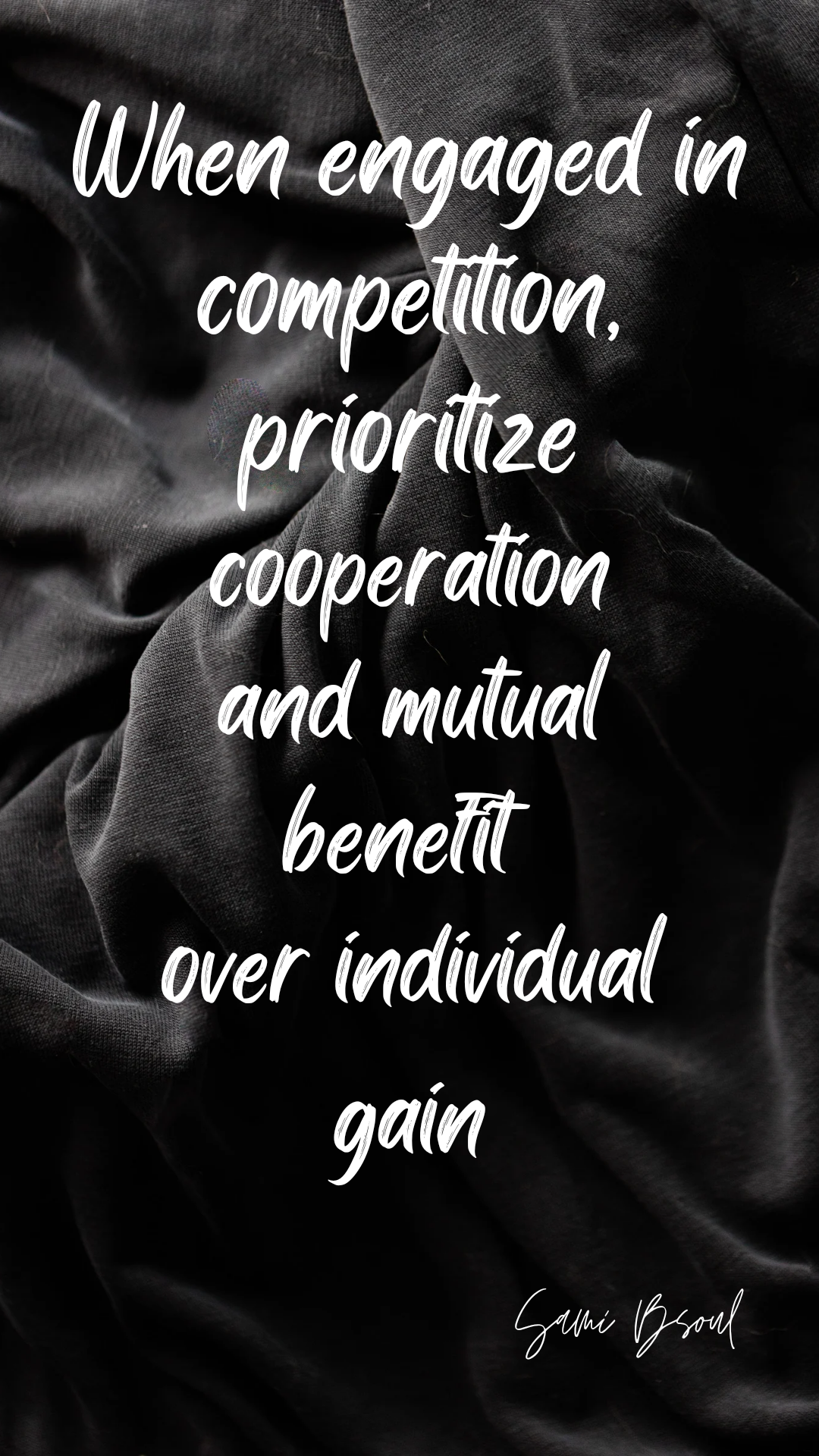
-
Short-term thinking: Short-term thinking can prioritize immediate gains or convenience over longer-term values such as sustainability or responsibility.
The emphasis on short-term gains and immediate results can lead to a misalignment between short-term and long-term goals, and between personal values and impulsive desires. Short-term thinking can prevent individuals from achieving their long-term goals and can create a sense of disconnection and unfulfillment.
For example, people may engage in environmentally harmful behaviours in order to save money in the short-term.
-
Fear: Fear is a powerful motivator that can drive us to prioritize short-term safety over long-term well-being or the common good. This fear can be related to personal safety, such as fear of crime or terrorism, or to broader issues such as climate change or economic instability.
The prevalence of fear and anxiety in modern society can lead to a misalignment of values. Fear can cause people to prioritize self-preservation over other values, such as compassion and empathy. It can also lead to a focus on short-term thinking and immediate gratification, rather than long-term planning and consideration of the common good. The fear of change can also contribute to resistance to new ideas and values, leading to a stagnation of progress.
For example, in times of crisis, individuals may hoard resources or engage in behaviour that harms others in order to protect themselves.
-
Consumerism: In a consumer-driven society, we are often encouraged to prioritize material possessions, wealth, and status over other values such as relationships, community, and personal growth. This emphasis on consumerism can lead us to pursue short-term gains or instant gratification over long-term well-being or the common good.
The constant pressure to consume and acquire material possessions can lead to values misalignment by promoting a focus on material wealth rather than personal growth, relationships, and experiences. The culture of consumerism can encourage individuals to prioritize immediate gratification and material possessions over long-term goals and meaningful experiences, leading to a sense of emptiness and dissatisfaction.
For example, buying products that are cheap and convenient but have a negative impact on the environment can harm the planet in the long run.
-
Technological risks: The rapid pace of technological advancement can also contribute to a values misalignment. As technology continues to evolve, there may be unintended consequences or ethical dilemmas that arise, causing a misalignment with societal values. For example, the rise of artificial intelligence raises questions about the value of human labour, while the increasing automation of jobs can contribute to economic inequality.
-
Technology and automation: The increasing reliance on technology and automation can contribute to a values misalignment in society. As we become more dependent on technology, we may prioritize convenience and efficiency over other values, such as human connection and creativity. Additionally, automation can lead to the displacement of workers and a focus on profits over human well-being, contributing to economic inequality.
-
Bias and prejudice: Bias and prejudice can lead us to prioritize our own interests or the interests of certain groups over others, even when this is not in line with our core values. This can lead to social and political polarization, as well as discrimination and inequality.
-
Climate change: Climate change poses significant threats to the well-being of people and the planet, and can lead us to prioritize short-term economic or political gains over longer-term environmental sustainability or social responsibility.
-
Technology: Technology has revolutionized many aspects of modern life, but it has also contributed to a sense of disconnection and alienation from our work and communities. This can lead us to prioritize efficiency or productivity over other values such as human connection or personal growth.
-
Political instability: In countries with unstable political environments, values misalignment can arise due to a lack of clear leadership and direction. This can result in confusion and uncertainty about what values are important to uphold, leading to a breakdown in social order and unrest.
The Negative Consequences of a Values Misalignment
A values misalignment can have negative consequences for both individuals and society as a whole. When societal values and priorities are not aligned with what is truly important and beneficial, it can lead to a sense of things being out of control.
This can manifest in various ways, such as decreased social cohesion, increased social unrest, and reduced well-being for individuals and society as a whole.
For example, the rise of populism, nationalism, and identity politics can be seen as consequences of a values misalignment. In these instances, individuals prioritize their own identity and interests over the common good, leading to polarization and divisiveness within society. This can result in decreased trust in institutions and social cohesion, as well as increased social unrest.
Celebrity culture, Consumerism, Social media, Instant gratification, Social status, Sensationalism, Confirmation bias, Competition, and Image-consciousness can contribute to a values misalignment by promoting individualistic and materialistic values over empathy, cooperation, and well-being for all. This can lead to a focus on superficial qualities and short-term gains, rather than investing in relationships, personal growth, and long-term goals.
A values misalignment can lead to negative consequences for individual well-being. When individuals prioritize materialistic or individualistic values over connection and community, they may experience decreased happiness, increased stress, and decreased life satisfaction. This can also lead to a sense of isolation and disconnection from others and the world around them.
A values misalignment can have significant negative consequences for individuals and society as a whole. It is important to recognize the factors that contribute to this phenomenon and work towards promoting values and priorities that align with the common good and well-being for all.
Open your eyes:
-
When celebrity culture is glorified, you may find yourself prioritizing superficial fame and fortune over personal growth and well-being.
-
When consumerism becomes a primary value, you should not measure your worth by what you own rather than who you are.
-
When social media dominates your life, you should not find yourself disconnected from real human connection and communication.
-
When instant gratification is the focus, you should not end up sacrificing important long-term goals and relationships for the sake of fleeting pleasures.
-
When social status and image-consciousness take precedence, you should not constantly compare yourself to others and feel dissatisfied with your own life.
-
When sensationalism and confirmation bias are rampant, you should not find yourself being swayed by false information and manipulated by media outlets.
-
When confirmation bias dominates, you should not find yourself becoming closed-minded and resistant to new ideas or perspectives.
-
When competition overrides collaboration, you should not miss out on opportunities to build meaningful connections and achieve collective success.
-
When image-consciousness is given more importance, you should not become preoccupied with external appearances rather than inner qualities.
-
When perfectionism becomes the focus, you should not feel like you're never good enough and miss out on opportunities for growth and learning.
-
When short-term gains are prioritized over long-term benefits, you risk sacrificing your own and others' well-being in the future and you should avoid doing so.
-
When time is viewed as a scarce resource, you should not prioritize short-term gains over long-term benefits.
-
When fear dominates your decision-making, you should not miss out on opportunities for growth and positive change.
-
When bias and prejudice shape your perspective, you should not overlook the value and contributions of others.
-
When materialism and consumerism are prioritized, you should not lose sight of what truly matters in life.
Addressing a Values Misalignment
A values misalignment is a complex issue, but there are potential solutions that can help address it. Here are some possible ways to tackle this problem:
-
Promoting critical thinking: Encouraging people to think more critically about the values and priorities that shape their behaviour and decision-making can help them make more informed and thoughtful choices. This can involve promoting media literacy and teaching people how to identify bias and misinformation in news and social media.
-
Fostering empathy: Building empathy and compassion for others can help counteract the self-centredness that can result from a values misalignment. This can involve promoting diversity and inclusion, cultivating relationships across differences, and developing an understanding of others' perspectives and experiences.
-
Cultivating a sense of purpose: Encouraging people to connect with a larger sense of purpose and meaning can help them prioritize long-term goals and the common good over short-term gains or personal interests. This can involve promoting community service, volunteering, and civic engagement.
There are many successful efforts underway to address these issues, such as mindfulness and well-being programs, community-based initiatives to address poverty and inequality, and education programs that promote social and emotional learning.
For example, some schools are integrating mindfulness practices into their curriculum to help students develop emotional regulation and empathy skills. Other organizations are developing community-based programs that aim to address poverty and inequality by empowering local residents to take collective action.
Addressing a values misalignment is not without its challenges. Resistance to change and structural barriers to social and economic progress can make it difficult to implement effective solutions.
For example, many people may resist efforts to promote critical thinking or empathy if it challenges their existing beliefs or values.
Addressing economic inequality and political instability may require significant structural changes to the social and political systems that perpetuate them, which can be difficult to achieve.
It is important to continue to work towards addressing a values misalignment to promote greater well-being and social cohesion for individuals and society as a whole.
Summary
This article explored the concept of a values misalignment and the various factors that may contribute to it, such as consumerism, social media, fear, and short-term thinking. It also discussed the negative consequences of a values misalignment, including decreased social cohesion, increased social unrest, and reduced well-being for individuals and society as a whole.
Potential solutions were presented to address a values misalignment, such as promoting critical thinking, fostering empathy, and cultivating a sense of purpose.
The article emphasized the importance of addressing a values misalignment for the health and well-being of society, as well as the challenges of doing so. Finally, a call to action was issued for readers to reflect on their own values and priorities and take steps to align their behaviour and decision-making with what is truly important and beneficial for themselves and others.
-
Remember that one's worth is not defined by their social standing or position in society.
-
It's important to recognize that social status is not the same as personal value or worth.
-
Don't let societal hierarchies and social status define your sense of self-worth.
-
True fulfillment and happiness cannot be achieved through the pursuit of social status or external validation.
-
Keep in mind that social status is a temporary and fleeting measure of one's perceived importance in society, and should not be the sole focus of one's life.
-
When obsessed with the world of celebrities, it's important to remember that real value is not determined by fame or fortune.
-
Keep in mind that celebrity worship and materialism do not define one's true worth or happiness.
-
The emphasis on celebrity culture can create a distorted view of success and importance, leading to a misplaced focus on superficial qualities rather than character and integrity.
-
The glorification of celebrity culture can lead to a dangerous cycle of comparison and envy, which can have a negative impact on self-esteem and mental health.
-
When consumed by the allure of celebrity culture, it can be easy to lose sight of what truly matters in life, such as meaningful relationships, personal growth, and inner fulfillment.
-
Remember that real human connections are important, even in the age of social media.
-
Be mindful of the impact social media can have on your connections with others and make an effort to prioritize in-person interactions.
-
Don't let social media consumption become a substitute for genuine human connection and communication.
-
Be aware of the potential pitfalls of social media, such as social isolation and disconnection, and make an effort to use it in a balanced and intentional way.
© Samibsoul.com 2023

